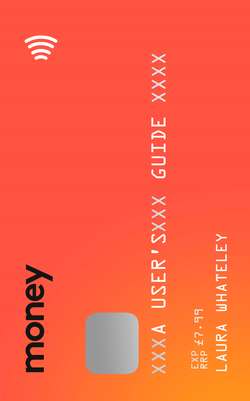Читать книгу Money: A User’s Guide - Laura Whateley - Страница 48
Fixed rates pros and cons
ОглавлениеFixed rates do not alter with the base rate. You lock into a specific rate for a set period – two, three or five years normally, but increasingly ten-year fixed rates have come onto the market. Whether you go for a variable or a fixed rate comes down to how much you want to bet on base rates rising or falling. Fixed rates are best for people who want the certainty of knowing exactly how much they must pay month by month for their mortgage for the next few years, but they may be slightly more expensive. You need to make a clear-eyed decision, because you will pay high exit fees to get out of your deal, whether it is fixed or tracker: as much as 5 per cent of your mortgage in what is known as an early repayment charge (ERC).
You may also be charged an ERC for paying off a chunk of your mortgage at once, for example, if/when you win the lottery. Some deals let you overpay a certain percentage a year if you can afford to, but there is a limit.
When weighing up your options, consider that every time you move deal you will probably have to pay arrangement fees. If you are signing up for an inexpensive-seeming two-year deal, factor in that you will have to soon pay out arrangement fees when it comes to an end and you want a new rate.
On the other hand the downside of signing up for a deal that is very long, say a ten-year fix, is that you may struggle to transfer it to a new house if you intend to move. Some mortgage deals are ‘portable’, but if your circumstances have changed since you took it out, or your bank does not like the look of your new place, you may struggle.
Watch out for any small print that allows a bank to put up its tracker rates even when the base rate does not rise. Some have a ‘collar’ that stops your rate falling too low if the base rate falls below a certain minimum.
